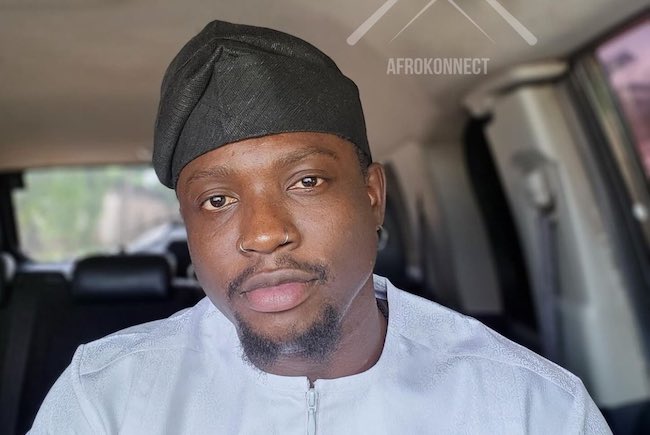Martins Otse, widely known as VeryDarkMan (VDM), has refrained from commenting on serious allegations made by Idris Okuneye, popularly known as Bobrisky. Bobrisky accused officials from the Economic and Financial Crimes Commission (EFCC) and the Nigerian Correctional Services of soliciting N15 million from him to secure a VIP accommodation for his prison term at the Kirikiri Medium Custodial Centre in Lagos. This allegation has brought significant attention to the workings of Nigeria’s correctional system, particularly regarding corruption and the treatment of high-profile inmates. The murky intersection of celebrity, crime, and justice has further intensified public scrutiny.
During an Investigating Committee session, VDM expressed his reluctance to proceed with his testimony in the absence of Bobrisky. He voiced frustration at what he perceived as a lack of seriousness on Bobrisky’s part in addressing the allegations, which include the mention of a ‘godfather’ influencing the situation. VDM’s insistence on Bobrisky’s presence before he would provide any information highlights the complexities surrounding accountability in such high-profile incidents, demonstrating how personal pride and respect can affect broader issues of justice and legality.
VDM’s comments included a stark warning regarding his treatment, expressing that threats of arrest would not deter him from maintaining his stance. His declaration emphasized a strong conviction to speak out against perceived injustices, declaring that if compelled to face detention, he would accept the situation. This refusal to cooperate without Bobrisky’s participation raises questions about the dynamics of power and loyalty among celebrities and public figures in Nigeria, especially in contexts of controversy and alleged criminal activity.
The Investigating Committee’s members attempted to persuade VDM to elaborate on the accusations, indicating the seriousness with which they are treating the matter. However, VDM’s declaration that he would only speak if Bobrisky were present underscores a problematic reliance on mutual confrontation among those involved. This interdependence complicates the investigative process and raises concerns about whether the central issues will be adequately addressed in light of personal loyalties and rivalries that appear to dominate the discourse.
The situation at hand puts a spotlight on the potentially corrupt practices within Nigeria’s law enforcement and correctional systems, as allegations of bribery and preferential treatment for the wealthy often emerge in discussions about the nation’s justice landscape. VDM’s adherence to his conditions for engagement reflects the broader societal malaise regarding trust in institutions, whereby individuals may consider personal ties and reputations as more significant than the pursuit of truth or justice.
In conclusion, the refusal of VDM to provide information without the presence of Bobrisky speaks volumes about the intertwining of celebrity culture, corruption, and allegations of misconduct within Nigeria’s legal framework. As the Investigating Committee continues its endeavors to uncover the truth, it remains to be seen whether the dynamics between these two figures will yield substantive outcomes or merely perpetuate the cycle of theatricality and evasion that has characterized many high-profile cases in the past. The incident serves as a reminder of the pressing need for transparency and accountability in navigating the intricate relationship between power, justice, and public perception.














